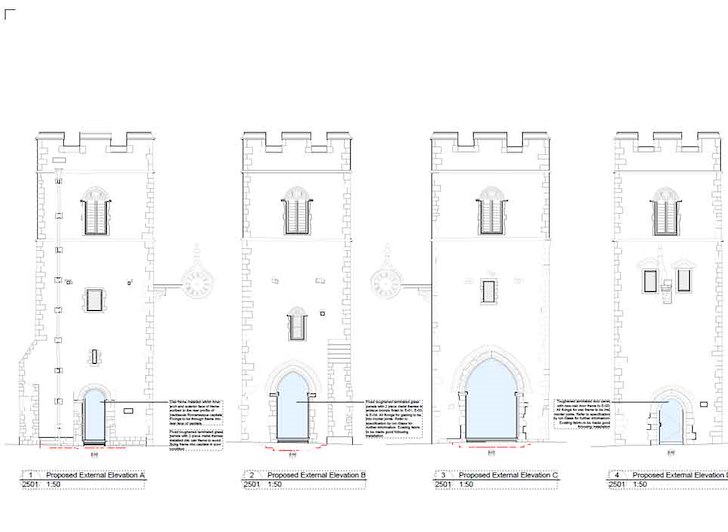Housing associations have made a promising start in clearing the backlog of unsold shared ownership properties, according to the latest figures from the Tenant Services Authority (TSA).
Chief Executive Peter Marsh said there had been an improvement in the sector's sales performance over the last quarter (January - March 2009), with the number of unsold low-cost home ownership (LCHO) homes falling 16%, from 10,359 to 8,742.
The total number of homes unsold for more than six months dropped from 4,629 last quarter to 3,771, down 19%.
Speaking at a Social Housing conference, Building a 21st Century Funding Portfolio: The New Financial Reality, Mr Marsh said: "Promising figures from one quarter does not mean the sector is still not being impacted by the global recession, but these results do show that housing associations are continuing to demonstrate resilience and sales of shared ownership homes are taking place – even in today's difficult housing market.
"Encouragingly, almost a third of the unsold homes are currently reserved and associations are hopeful that these will be converted to final sales."
Mr Marsh said housing associations had sold more homes than they converted to rented social housing in the last quarter - 4,977 sold (generating £401 million) against 4,832 converted - which indicated that associations had been adapting to the changing market conditions and were taking advantage of opportunities to reduce the number of empty homes.
He said associations had been converting LCHO homes to social rented properties, often with the help of Homes and Communities Agency (HCA) funding. While this measure was welcome as a short-term reaction to the decline in sales interest, associations would expect to convert the same number of the homes back to LCHO once the housing market showed signs of recovery.
Mr Marsh continued: "It's too early to tell whether this is a sustained pick up in the market. However, it is encouraging to see that while many homes have been converted to rent, there have been even more homes sold in the last quarter.
"We'll continue to monitor associations’ exposure in this area and look at the impact of changes in the housing market on their business plans."
(CD/JM)
 UK
UK Ireland
Ireland Scotland
Scotland London
London

.gif)




















